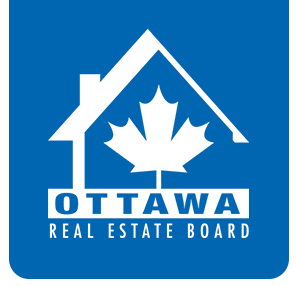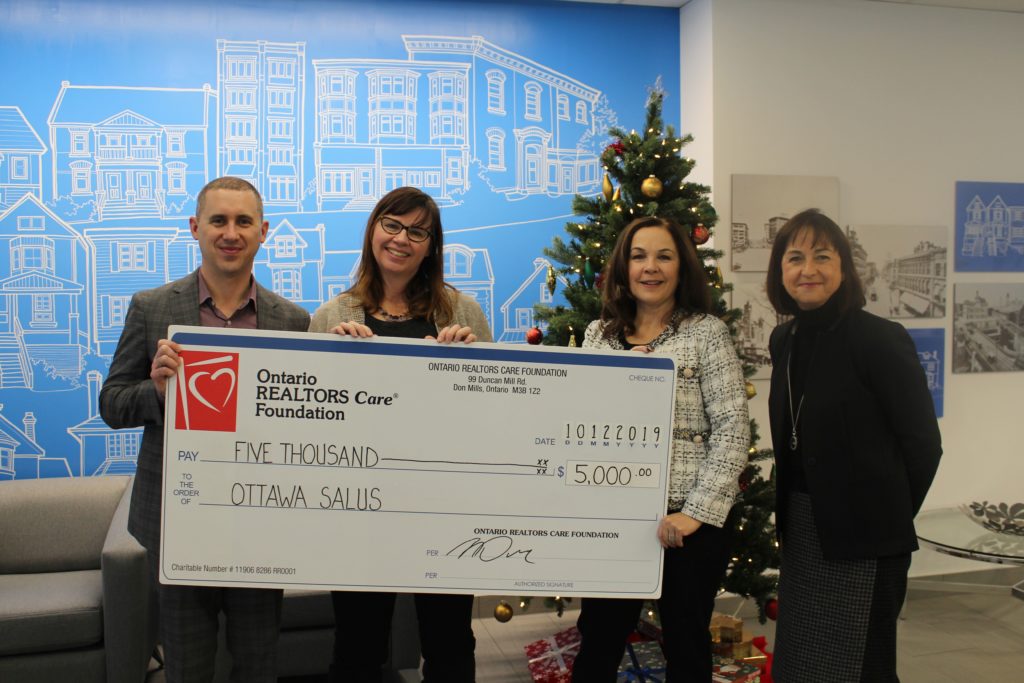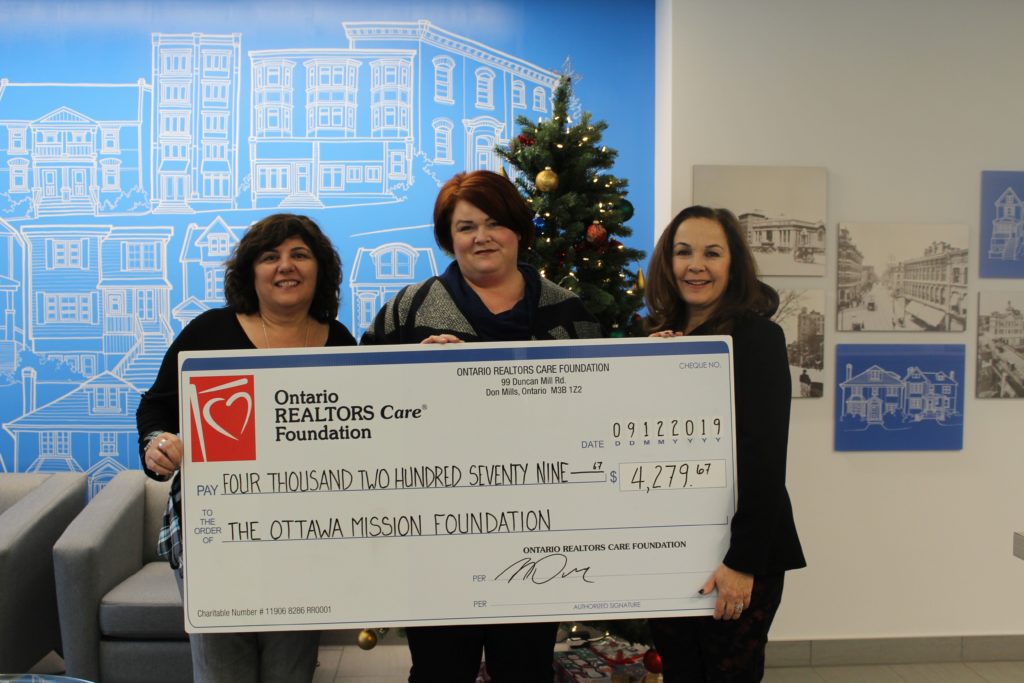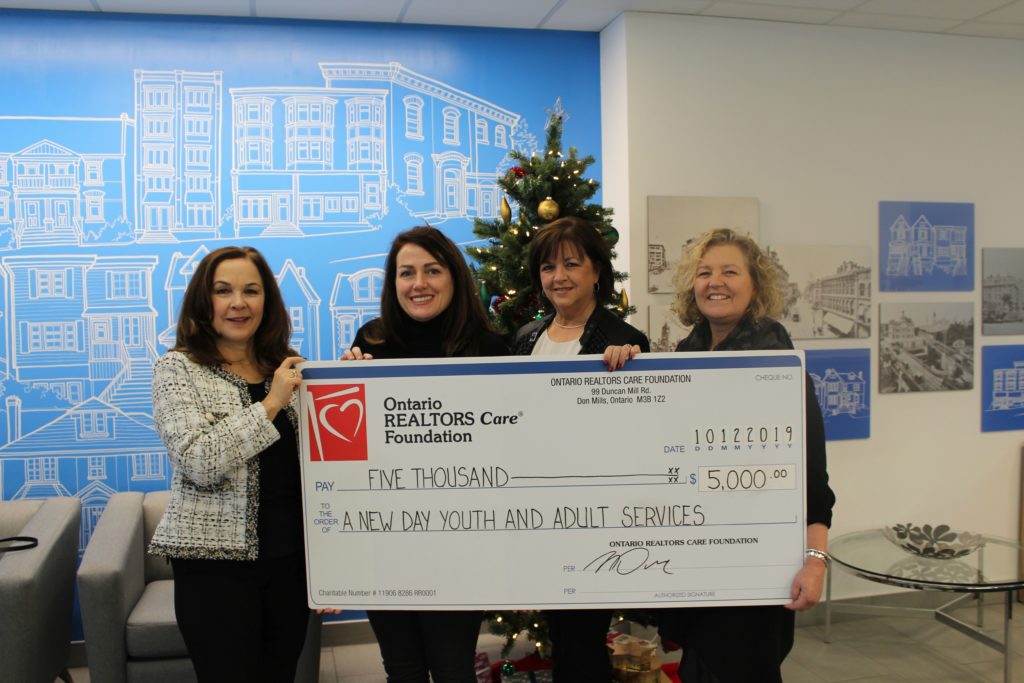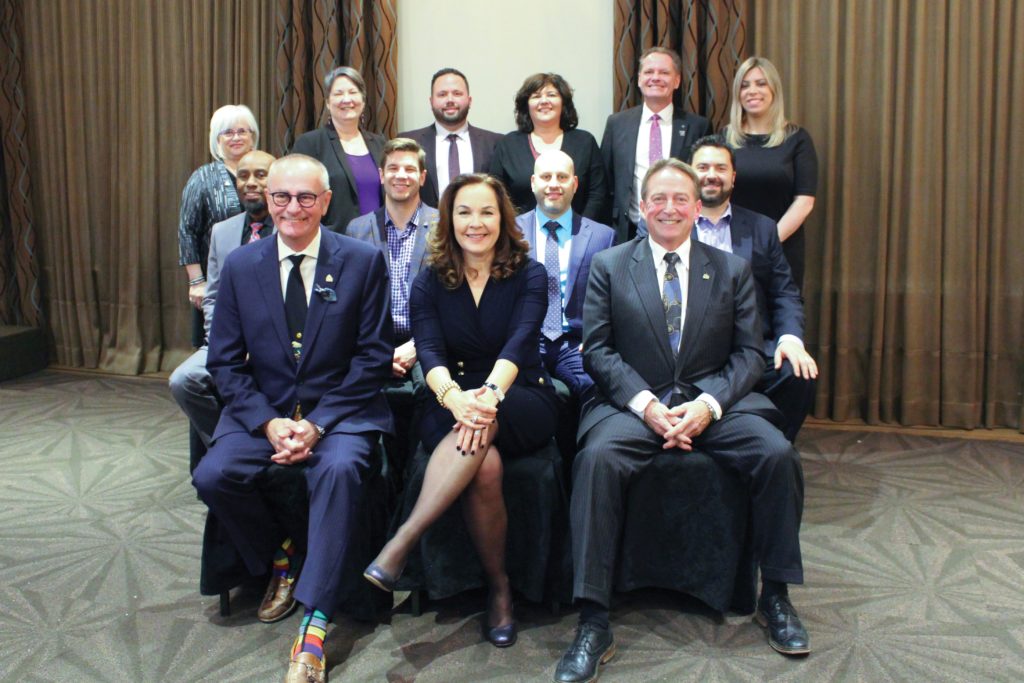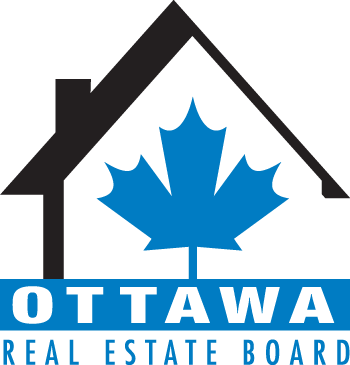Members of the Ottawa Real Estate Board sold 913 residential properties in April through the Board’s Multiple Listing Service® System, compared with 2,025 in April 2019, a decrease of 55 per cent. April’s sales included 700 in the residential-property class, down 56 per cent from a year ago, and 213 in the condominium-property category, a decrease of 51 per cent from April 2019. The five-year average for April unit sales is 1,692.
“While the Ottawa real estate market statistics for April come as no surprise, they are a stark contrast to the previous month and the year-over-year figures for April 2019,” states Ottawa Real Estate Board President Deb Burgoyne. “I am proud to say, our Members have rapidly adapted to following the “State of Emergency” guidelines and are limiting work activity to assisting those who must sell and/or buy during this pivotal time – while keeping the health risk to all parties to a minimum.”
April’s average sale price for a condominium-class property was $327,813, an increase of 6.3 per cent from this time last year while the average sale price of a residential-class property was $521,694, an increase of 6.8 per cent from a year ago. Year to date figures show a 15.1 per cent and an 18.5 per cent increase in average sale prices for residential and condominiums, respectively.*
“While the number of unit sales has decreased substantially, residential prices are still holding their own and are up over last year’s figures, with properties often selling above the asking price,” Burgoyne reports. “There is still a holdover of pent-up demand in our marketplace. We believe that when the market opens up again, although it won’t be business as usual, sales will rebound and make up for the decline the spring market has experienced,” she adds.
“Our Members have been adjusting and retooling the way real estate is conducted. They are finding new ways to market properties and provide options for viewings using technology such as live streaming open houses, posting virtual tours, and holding virtual showings, etc. These adaptations are key in mitigating risk for all parties and will certainly continue to be necessary as things normalize in the city and our working environment.”
“If you are a potential home buyer or seller, and in a situation where it is essential that you buy or sell a property right now, there are means to do this in a safe and prudent manner. Do not hesitate to contact a REALTOR® to discuss, plan and protect you through this unique period,” recommends Burgoyne.
In addition to residential and condominium sales, OREB Members assisted clients with renting 947 properties since the beginning of the year compared to 778 at this time last year.
* The Board cautions that the average sale price can be useful in establishing trends over time but should not be used as an indicator that specific properties have increased or decreased in value. The calculation of the average sale price is based on the total dollar volume of all properties sold. Price and conditions will vary from neighbourhood to neighbourhood.

